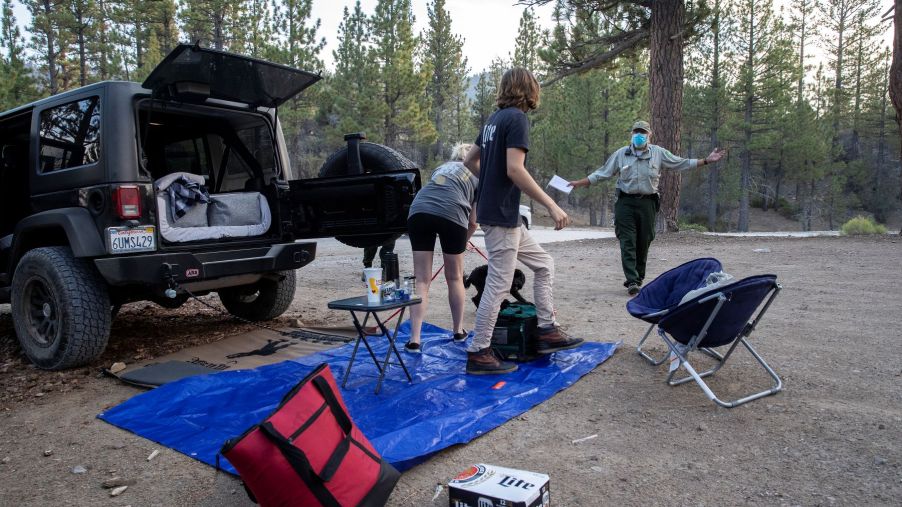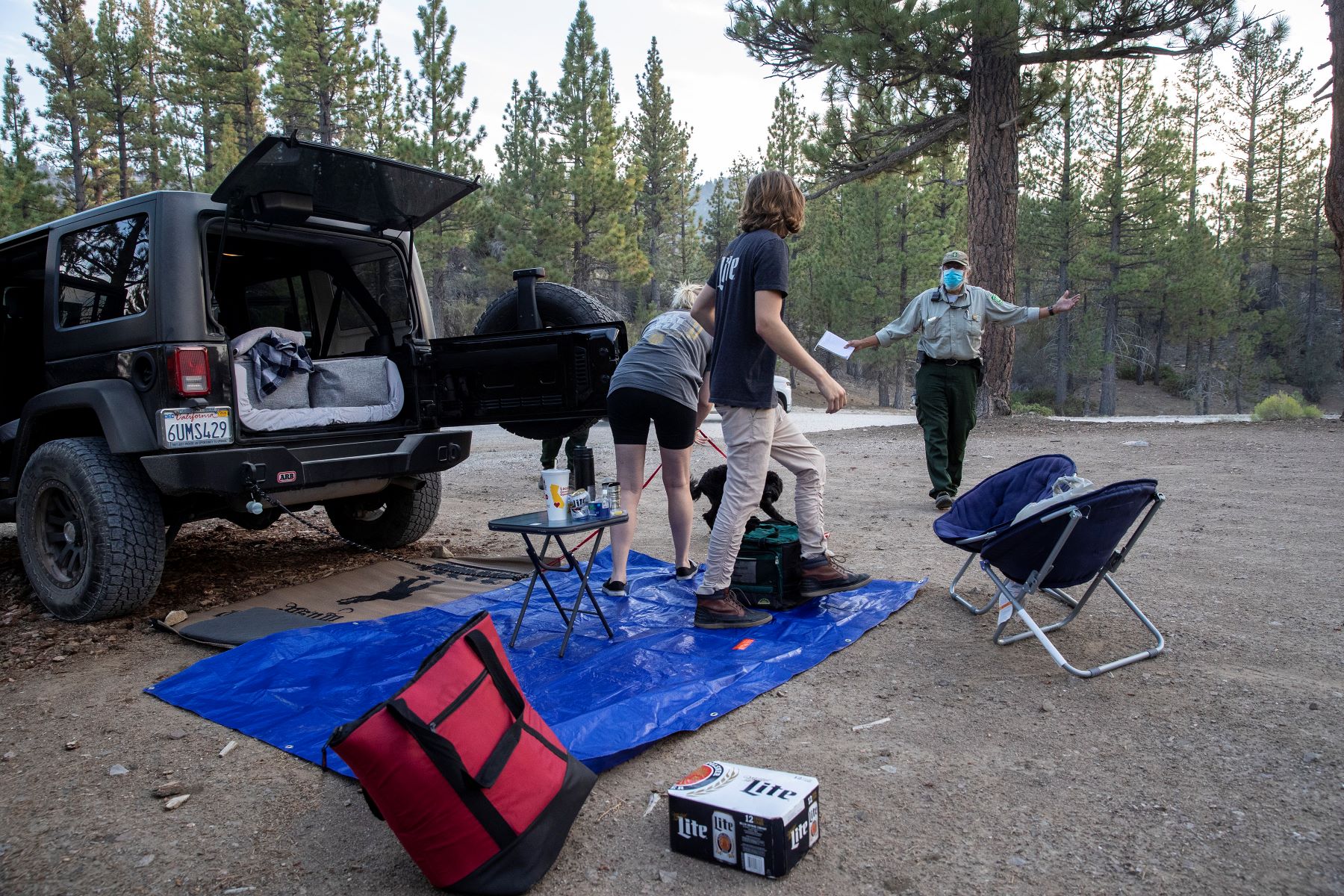
Leave No Trace Principles Every Camper Needs to Follow
More than 100 million Americans go camping every year. If even a fraction of these people left a single item of trash at a campsite, the environment would soon be overrun with garbage. In the best interest of natural spaces and the people who enjoy them, we want to remind readers of the Leave No Trace principles every camper needs to follow.
The origins of Leave No Trace

Although the stewardship ethics behind the initiative date back for centuries, it wasn’t until 1987 that the first official Leave No Trace program was devised. Printed cooperatively by the National Park Service, Bureau of Land Management, and the U.S. Forest Service, Leave No Trace Land Ethics pamphlets began being distributed to campers and visitors at state parks.
Today, the conservation message of the Boulder, Colorado-based Leave No Trace Center for Outdoor Ethics program reaches more than 15 million campers and park visitors annually. Non-profit in nature, the LNT center offers seven guiding principles that every camper ought to heed.
The Seven Guiding Principles of Leave No Trace
The basic guidelines embodied by the seven principles of Leave No Trace are based on insights provided by scientists, biologists, land managers, and park rangers, and are simple enough that everyone can follow them in any natural area, from the backcountry to backyards.
- Be considerate of others
- Dispose of waste properly
- Leave what you find
- Minimize campfire impact
- Plan ahead and prepare
- Respect wildlife
- Travel and camp on durable surfaces
These common-sense guidelines are not difficult to follow, explains Bearfoot Theory. Plan ahead by checking weather forecasts and understanding the regulations of whichever park you intend to visit. Stay on trails and don’t create new paths where none existed before. When encountering an interesting plant or animal, let it remain where you found it. Don’t pick wildflowers or take shells off the beach. Don’t carve your initials anywhere, and don’t hammer nails into trees.
Minimize campfire impact by burning only in existing fire rings, and only build a fire if you are absolutely confident of your ability to control the flames. When you are done, fully extinguish the campfire with water. If dogs are allowed at your campsite, don’t let them chase wildlife, clean up after every potty break, and don’t let your dog disturb your campsite neighbors. Keep your noise to a minimum, and leave nothing but footprints when you leave.
Additional camping etiquette rules to follow
Whether you camp in an RV or a tent, it’s worth knowing a few basic tenets of camping etiquette. Here are seven things Wisebread says to avoid:
- Don’t arrive to set up camp after dark
- Don’t wander around the forest alone
- Don’t leave food out where animals can find it
- Don’t forget warm clothes, even when summer camping
- Don’t annoy your neighbors
- Don’t bring gear you don’t know how to use
- Don’t forget to bring toilet paper, even if the campground has a restroom
Additional etiquette tips to consider while camping include:
- Keep your campsite clean and sanitary
- Respect quiet hours
- Park your tow vehicle at your own campsite
- Be prepared before arriving at the dump station
- Set up your grill on your own portable table
- Give your neighbors adequate time to set up camp before starting a conversation
- Keep your slide-outs off the neighboring campsite
When it comes to happy camping, the old adage “treat others as you would have them treat you” really does apply. Follow the seven Leave No Trace principles, heed the recommendations outlined above, and you and your campsite neighbors can coexist peacefully with nature.


